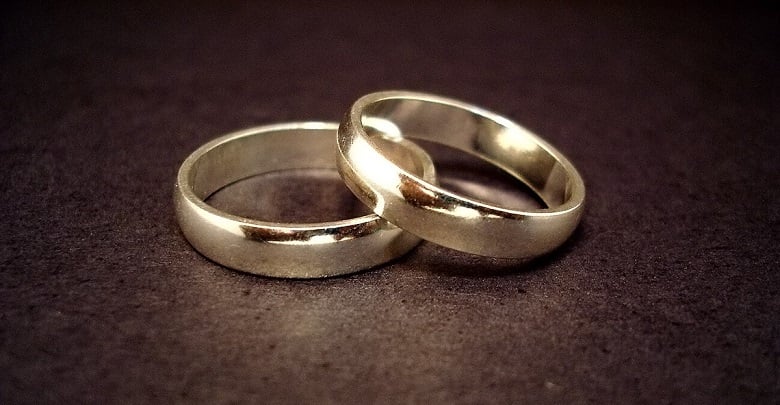Recent research has indicated that an increasing number of clients are looking reduce the risk of losing capital assets by using discretionary trusts.
Particularly where a family has a high amount of net worth, they may be more inclined to look for ways to ensure their assets are secure. A study from Investec even revealed that nearly a third of parents were not willing to offer inheritance or financial aid to their offspring, due to a fear of divorce.
Prenuptial agreements are often cited as means of making sure an individual does not lose their share of possessions should a marriage eventually break down. However, although it may be used for reference by the court, a “prenup” is not legally binding within the UK. The assets of a family may be distributed as is deemed appropriate; something which is dependent upon many variables.
As a means of wealth protection in the event of a child’s divorce, clients are instead seeking advice on setting up discretionary trusts. Should a split occur later down the line and matrimonial assets have to be divided, this can ensure that their child’s half is secure.
Dependent upon how much has previously been gifted, a total of £325,000 may be put into a discretionary trust by each parent. An Inheritance Tax (IHT) charge will not immediately be put on to this sum. Should the parents survive a further seven years, the assets will not be included in the estate for IHT purposes.
Where a discretionary trust is concerned, the parents will often choose to be in control of all assets by appointing themselves as trustees. This will also enable them to choose the beneficiaries of the trust, such as children and grandchildren, with the necessary provisions for more to be added further down the line.
As trustees, the parents are able to transfer assets from the trust, should they wish to. Dependent upon the value of these distributions at the time of transfer, a tax may be incurred. If the parents change their minds about their child’s level of financial responsibility, they may also decide to ‘wind up the trust’ should they feel it is no longer of use.
If they feel it is still necessary, however, the trust may continue with the parents into old age; they may at this point need to find replacement trustees. Usually, friends or advisers, the appointed trustees are likely to be provided with a letter of wishes which will outline trustee powers, the reasons why the trust was established and certain scenarios which would justify the trust being wound up.
Considering the consequences of divorce is a subject something that many engaged couples would not wish to dwell on. However, communication is important and where clients are concerned, having an appropriate plan can be the difference between an amicable split and a bitter breakdown should the relationship deteriorate. Advising clients on the different options available to them is also something to bear in mind. Whereas “prenups” are commonly associated with having a lack of faith in a relationship, discretionary trusts are more likely to be viewed as a way of planning for the future.



















